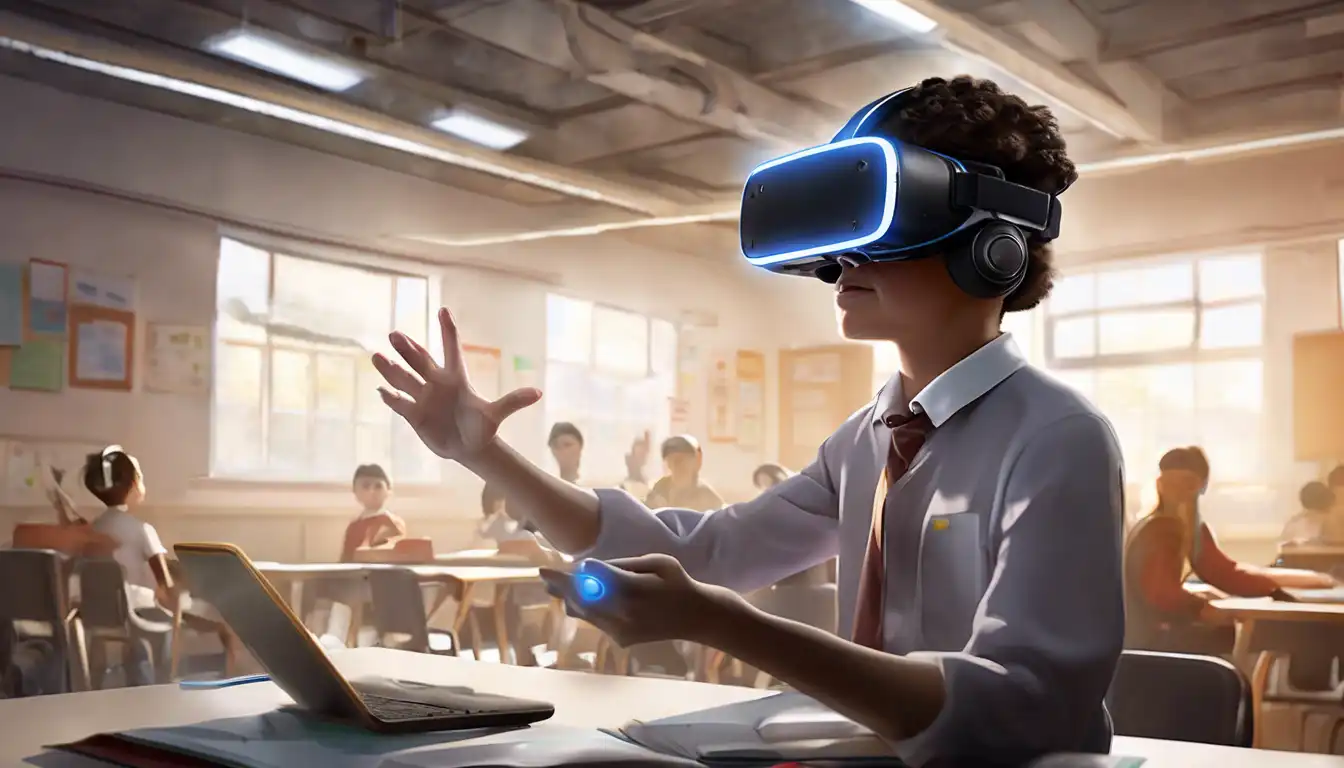The Transformative Impact of Virtual Reality on Learning and Skill Development
Virtual Reality (VR) technology has been making waves across various sectors, but its potential in education and training is particularly noteworthy. By creating immersive, interactive environments, VR offers unparalleled opportunities for experiential learning and skill acquisition. This article delves into how VR is revolutionizing the educational landscape and training methodologies.
Immersive Learning Experiences
One of the most significant advantages of VR in education is its ability to simulate real-world scenarios. Students can explore historical sites, dissect virtual frogs, or even travel through the human bloodstream, all from the safety of their classroom. This level of immersion enhances understanding and retention, making learning more effective and engaging.
Enhanced Training Programs
In the realm of professional training, VR provides a safe and controlled environment for practicing complex or dangerous tasks. From surgical procedures for medical students to flight simulations for pilots, VR enables learners to hone their skills without the risks associated with real-life training. This not only improves competency but also boosts confidence among trainees.
Accessibility and Inclusivity
VR technology has the potential to make education more accessible and inclusive. Students with physical disabilities or those in remote locations can benefit from virtual classrooms and labs, breaking down traditional barriers to education. Furthermore, VR can cater to different learning styles, offering personalized experiences that meet individual needs.
Challenges and Considerations
Despite its benefits, the integration of VR in education and training is not without challenges. High costs, technical limitations, and the need for specialized content creation are significant hurdles. However, as technology advances and becomes more affordable, these obstacles are likely to diminish, paving the way for wider adoption.
For more insights into the future of learning technologies, explore our article on e-learning trends.
Conclusion
The potential of VR in education and training is immense, offering innovative ways to learn and develop skills. As we continue to explore and overcome the challenges, VR stands to redefine traditional educational paradigms, making learning more immersive, accessible, and effective than ever before.
